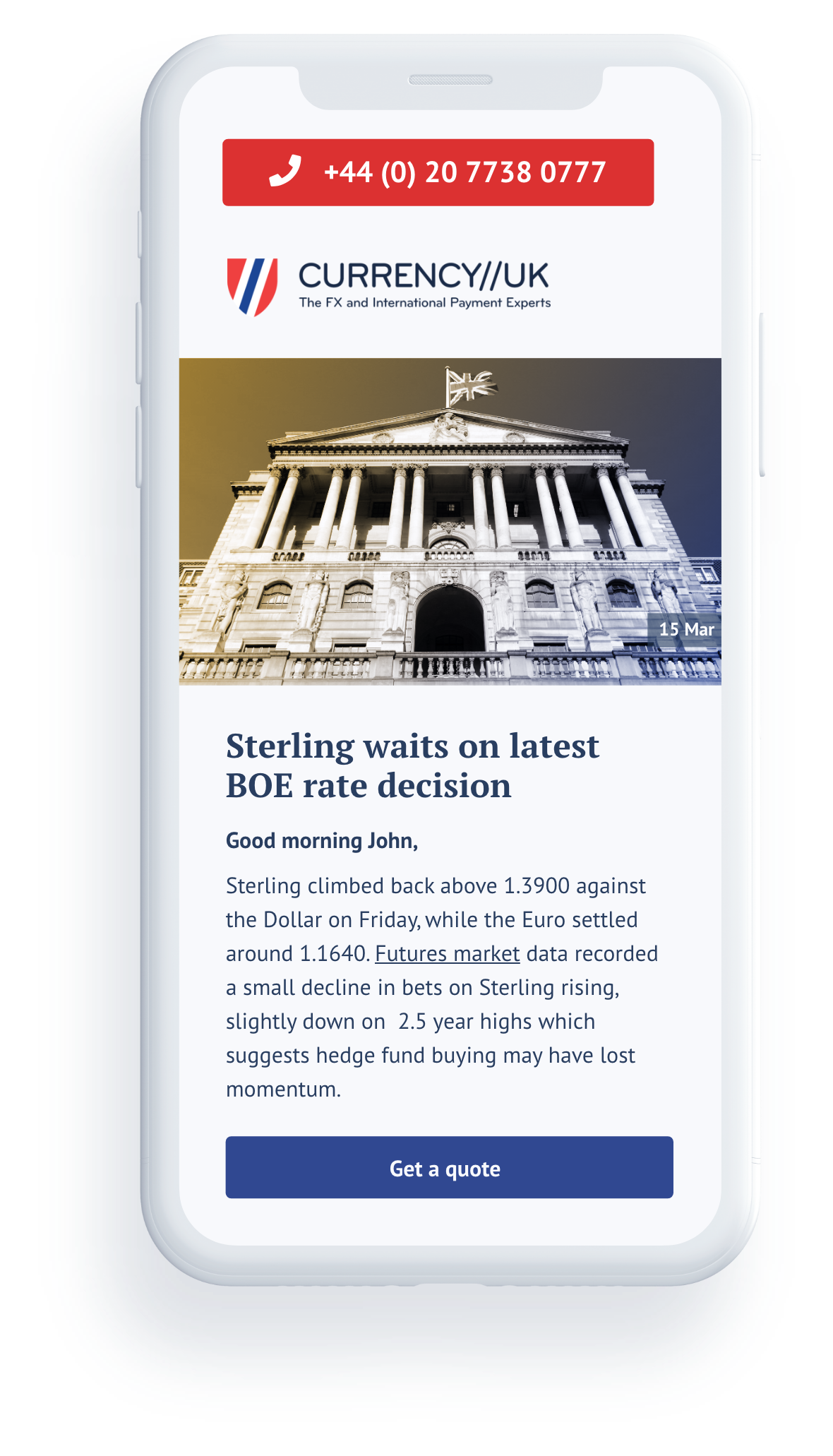10 things you’ve not considered when buying/selling property overseas

When it comes to buying or selling a property overseas there’s a lot to consider. Location of the property, price of the property, size of the mortgage, renovations that need to be done, the language of the buyers/sellers. The list goes on, but most of these things are quite obvious and it’s likely you have dealt with them, or at least begun thinking about them early on in your buying or selling process.
But what are some things that slip under the radar? With a task as complex as buying a house, especially abroad, there are bound to be things, seemingly minor things, that you won’t have considered but can have a huge effect on the whole process. We’re going to list 10 things you probably haven’t considered when buying or selling property abroad. Hint: they’re all somewhat currency-related.
1. Which currency?
(We weren’t joking about being currency-related!) This may seem like an obvious one but consider it carefully. For example, if you’re from the UK and are buying a house in France, you may (understandably) assume that you need to pay for it in Euros. However, the seller of the property may be British and may be planning to return to the UK, and so there’s no need to involve a currency other than Pounds. Thus, saving you from having to deal with foreign exchange altogether.
2. Are you getting the best rate?
A currency specialist will offer you rates with a margin of less than 2%. This may not sound much, but when you’re buying property for hundreds or thousands of Pounds, 1% or 2% is a huge amount of money. For instance, an extra 2% on a property worth £400,000 means having to pay an additional £8000 – it’s no laughing matter.
3. Additional charges
As well as the aforementioned “hidden cost” due to with the rate you’re offered, there are more overt charges involved when sending money abroad. Banks tend to charge a transfer fee of anywhere between 3% and 5%. A currency specialist will almost always waive this transfer fee, especially for amounts of several thousand Pounds. Also, some banks will charge a fee for receiving your funds. For example, if you’re sending money from a UK bank account to a Spanish bank account, the Spanish bank account is likely to charge you just for receiving the payment. This charge could be thousands of Pounds. By using a currency specialist, you can avoid this charge too.
4. Speed of transfer
This is a pertinent consideration. It’s important that you know when you’ll receive the funds, and that you’ll receive them in time for any deadlines you may have to make your payments (such as paying deposits, or paying estate agent fees). Factors such as bank holidays in either the sending or receiving country and cut off times for making payments in certain currencies will affect when you can expect to receive your funds. Here at Currency UK, for example, we will make you aware of these factors, as well as ensure that you receive your funds as quickly as possible, so you can rest assured knowing that your money will be in the right place at the right time.
5. Timing
The timing of your currency purchase plays an important role in the exchange rate you will be offered. Certain political and economic events can have a huge impact on the strength of currencies, so you’ll need to bear these in mind when looking to purchase. A currency specialist will talk you through the upcoming events that are likely to affect the currencies you’re dealing with so that you can make the most informed decision on when to buy your currency. For example, a country’s currency usually strengthens when the interest rate of that country increases; if an interest rate increase is likely to happen soon in the country of the currency you’re going to be dealing with, a currency specialist will inform you of this, allowing you to decide whether you’d like to wait for this decision or go ahead with the transfer immediately. Of course, we do not have a crystal ball and cannot predict such events or the future strength of a currency, but we are aware of the events that are happening in the near future and will gladly pass this information onto you.
6. Currency fluctuation
Leading on from the previous point, exchange rates fluctuate, and we’re going to be bold and say that many people are aware of just how much they fluctuate. Of course, most people are aware that the GBPEUR rate was around 1.50 a few years ago and that the UK’s EU referendum caused the Pound to fall massively, but exchange rates move every minute (every second, really). Most currency specialists will allow you to fix an exchange rate when it’s favourable for you to use when you actually need to make a transfer, protecting you from losing out if the exchange moves against you in the coming weeks/months.
7. Security
The security of your funds is obviously a priority, and you’ll need to consider security on two counts. Firstly, you’ll need to consider the safety of your funds while they are being transferred abroad by your provider. Check to make sure that your provider is properly regulated and has measures in place to keep your funds safe. Secondly, who are you sending the funds to? Are you sending them to a notary or a private individual? Whoever you’re sending them to, make sure they are legitimate and trustworthy.
8. Tax legality
There may be tax implications when sending and receiving money in certain countries. For example, when receiving money in Brazil, you are required to pay a 4% state tax. You could be in for a nasty surprise, so make sure you research the tax laws for sending and receiving money for your particular countries.
9. Accuracy of bank details
This may seem like another obvious point, but having the wrong details can mean your funds are returned to you, often at a cost, and could jeopardise the property purchase. We’re not just talking about making sure the details are correct (i.e. spelt correctly and the numbers aren’t typed erroneously), you may need additional/particular numbers/details when sending money to certain countries. For example, when sending funds to Europe you’ll need an IBAN (International Bank Account Number), whereas when sending funds to the US you’ll need a Fedwire or ABA code. Ensure you know what details you’ll need and that the details you provide are correct.
10. Repatriating funds
It’s fair to assume that if you can exchange one currency for another then you’ll be able to make the exchange the other way around. This isn’t always the case, however, due to restrictions placed on certain currencies. For instance, the Indian Rupee is restricted by the Indian Government intended to be used only in India; it’s possible to buy Rupees but it’s very difficult to sell them. Most providers (even the Post Office) won’t be able to exchange Rupees for another currency. If you’ve bought a property in India and are now looking to sell and take the funds to the UK, for example, doing so could be difficult. Be sure to check what exchanges are possible with your provider.
If you’d like to learn even more about buying and selling property overseas, you can watch our free webinar or read the transcript here. Additionally, you can get in touch with us at 020 7738 0777, or book a slot for a free phone consultation at a time that suits you.

